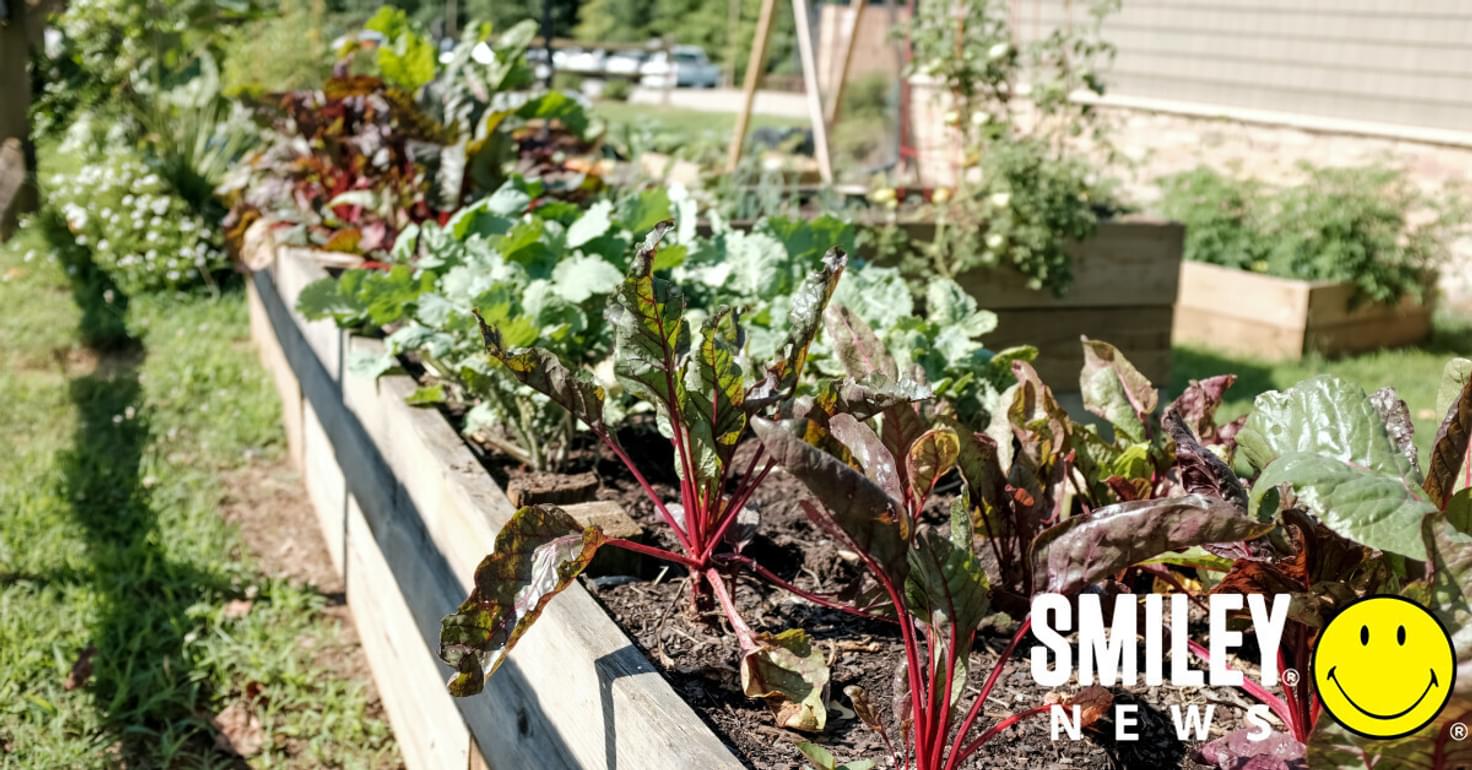
Words by Smiley Team
Kew Botanical Gardens has announced it will be relaunching its kitchen gardens – but this time with a focus on sustainability.
Back in Georgian times, the Kew Kitchen Garden supplied fruit and vegetables to members of the royal family living in the Kew Palace. This new garden, which was created on the site of the original kitchen garden which would have served King George III and his family, is one of the first kitchen gardens open to the public to have a sustainable focus.
“The veggies you grow yourself always taste extra delicious, and here at Kew we’re dedicated to researching and showcasing how you can get the very best out of your plot in a sustainable way,” says Hélèna Dove, Botanical Horticulturist, RBG Kew. “This is more important than ever as the price of food increases globally. Edible Science: Kew’s Kitchen Garden will be ever changing, always offering something new to see, and I hope visitors walk away feeling inspired."
[Sign up here to receive a weekly dose of positive news in your inbox]
Kew are using a no-dig policy to help retain carbon that is currently trapped in the soil, rather than disturbing the earth and releasing it into the atmosphere. By placing compost on top of the beds, more carbon is trapped, making the practice carbon-negative.
Additionally, in an effort to grow winter vegetables for the first time in decades, Kew have created eco-friendly, no-mow paths. These paths are created from Cedec, a sustainable, porous material, and make the gardens more accessible, as well as removing the reliance on fossil-fuel heavy mowing techniques.
The kitchen gardens continue to implement more and more sustainable development practices, backed up by research, to ensure that the gardens are as sustainable as possible.
GET INVOLVED: Get stuck in with Garden Organic to help support sustainable gardening practices.